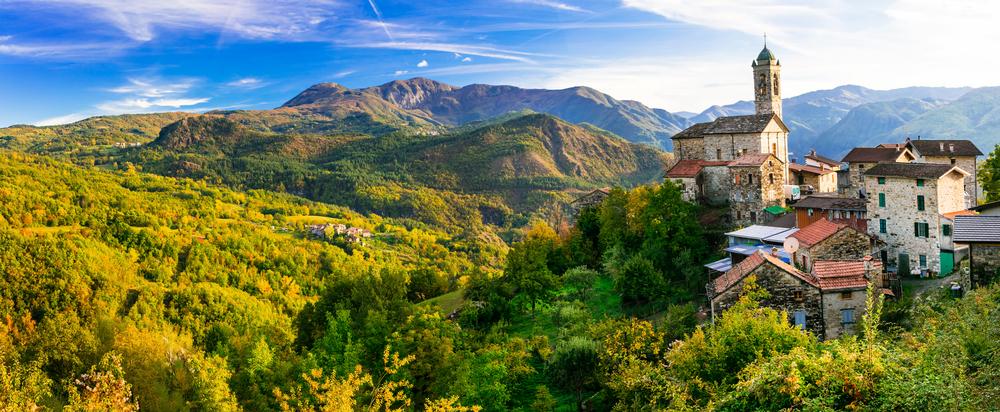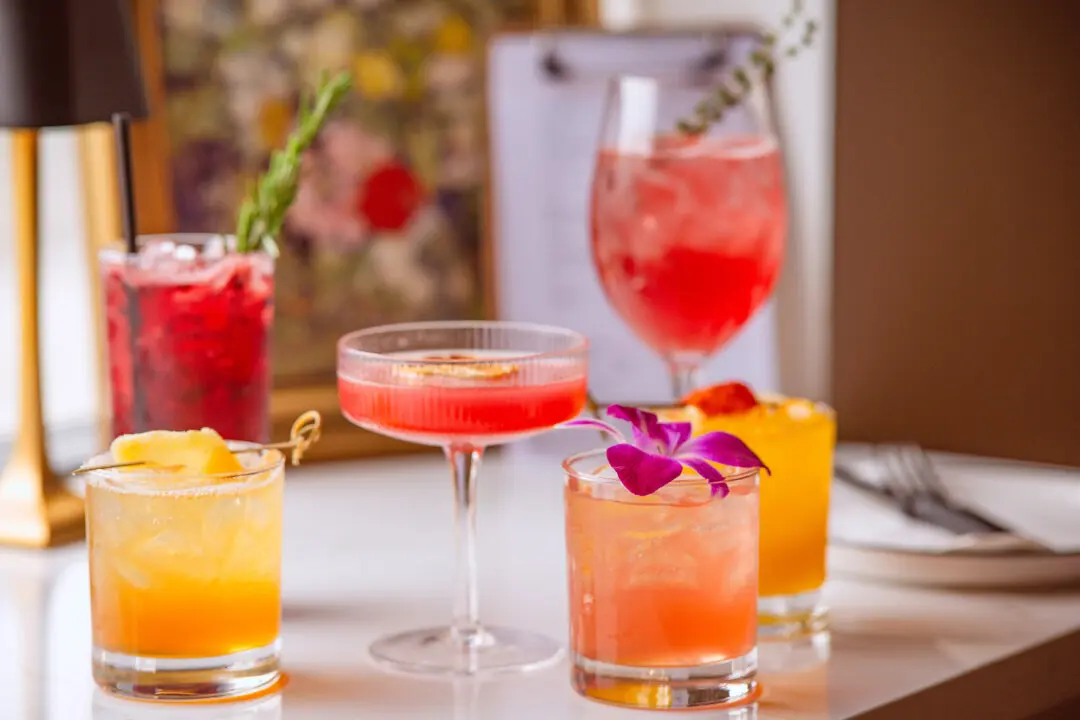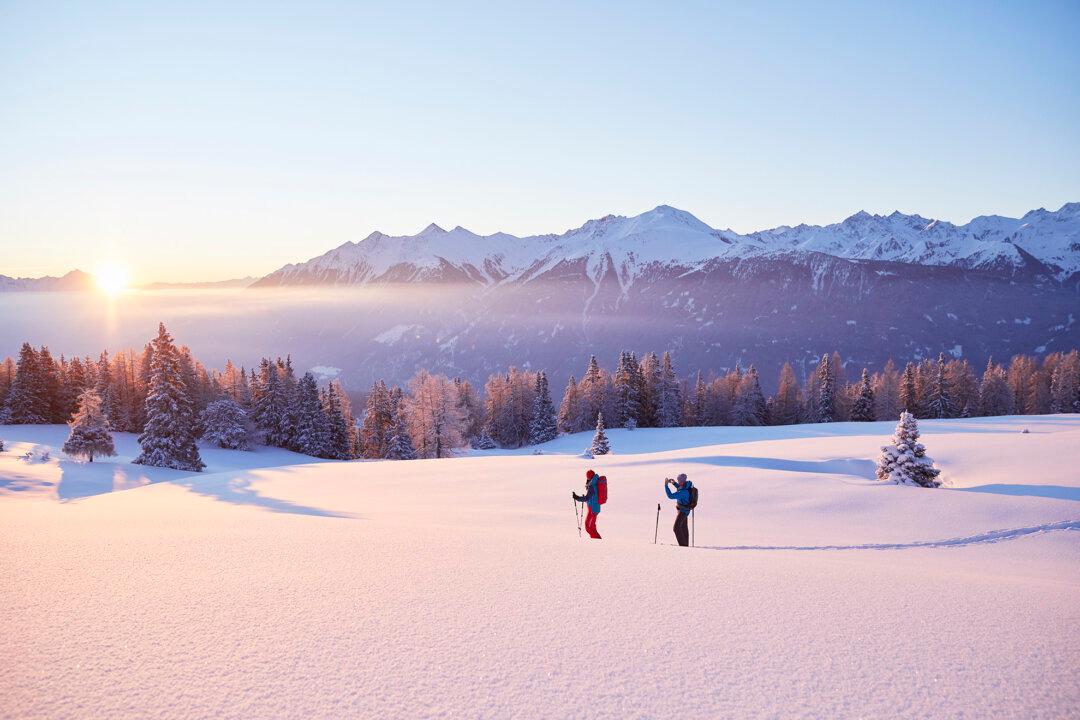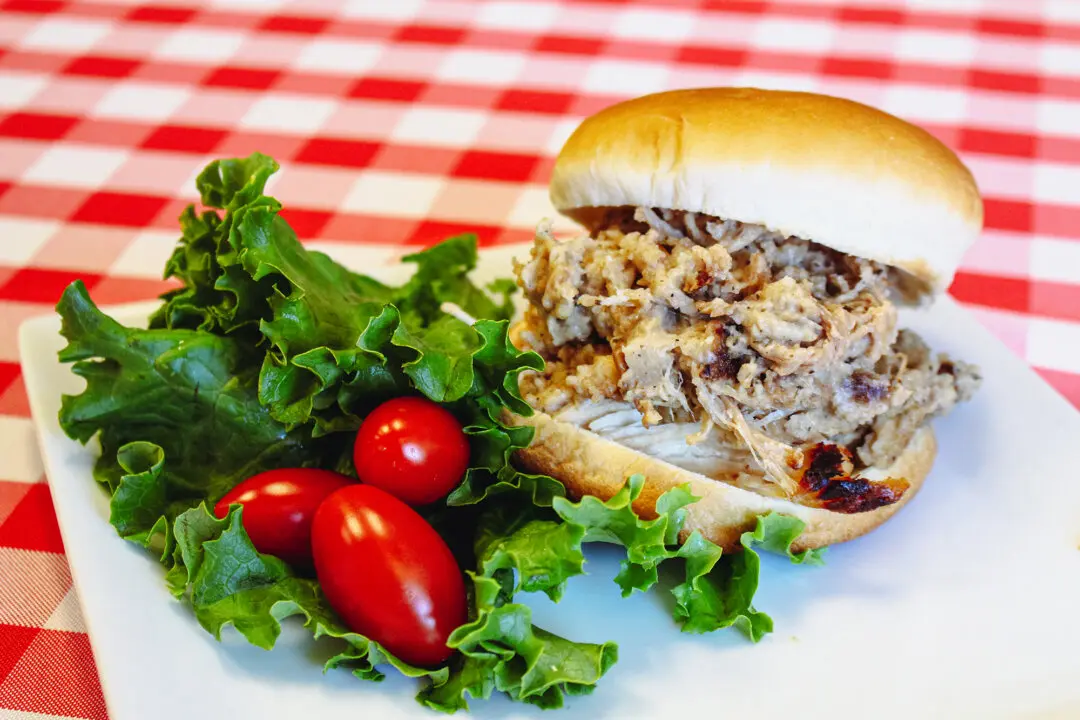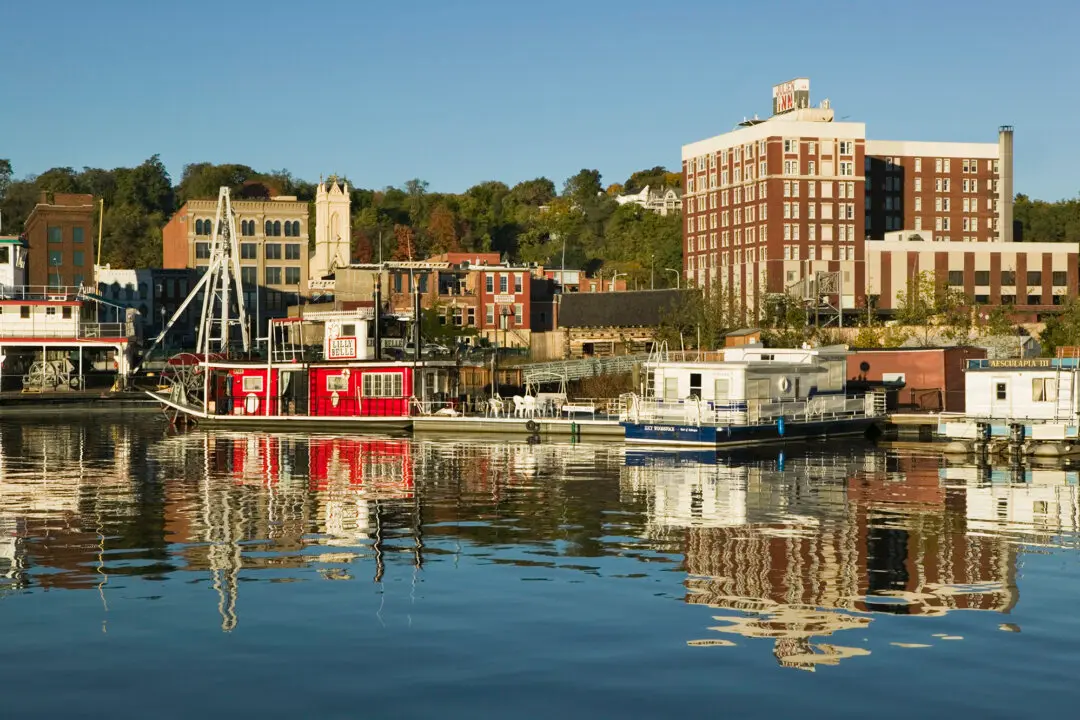If you like Italian cuisine and the concept of “eating your way through” a place, then here is your next road trip or train journey abroad: Emilia-Romagna. This region begins just southeast of Milan and the Lombardy region and runs across the northern edge of Tuscany all the way to the Adriatic Sea. Along that east-west axis ran the ancient Roman-built Via Emilia, which today connects several destinations that many of us associate with a particular food or dish. And each city has a perfectly walkable historic center for burning off some calories.
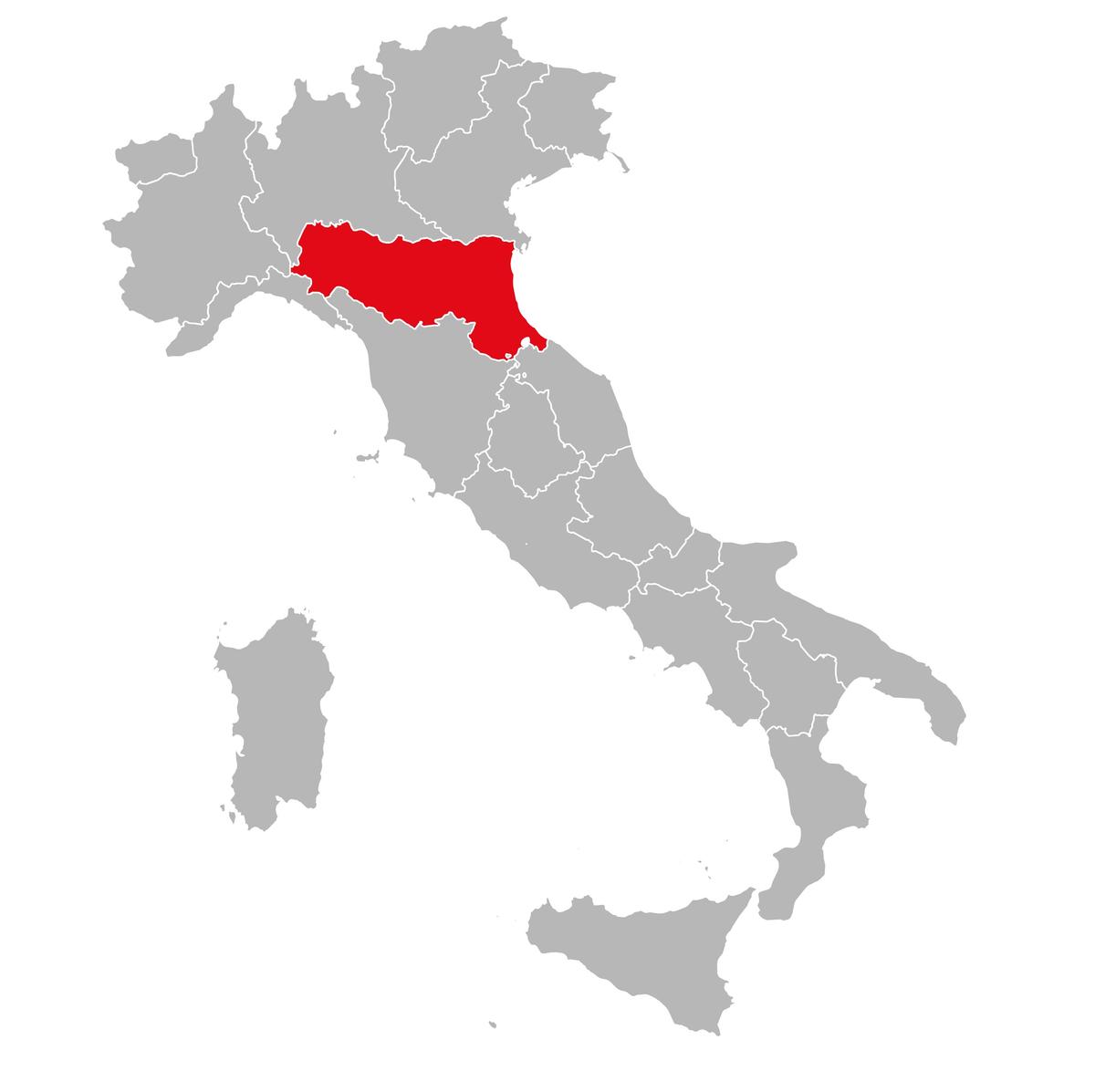
The Emilia-Romagna region begins just southeast of Milan and the Lombardy region and runs across the northern edge of Tuscany, all the way to the Adriatic Sea. infinetsoft/Shutterstock

